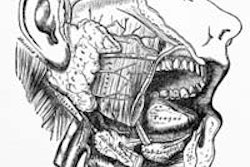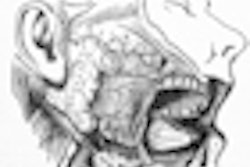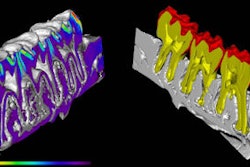Cancer patients suffering from xerostomia could benefit from the development of a functional implantable artificial salivary gland, thanks to a research project that has demonstrated the ability to regenerate salivary gland cells.
In a study presented July 15 at the International Association for Dental Research (IADR) meeting in Barcelona, Spain, researchers from the University of Delaware reported on their efforts to create an extracellular matrix (ECM)-modified hyaluronic acid (HA)-based hydrogel culture system.
The system enabled the growth and differentiation of salivary acinar cells into functional acinilike structures capable of secreting large amounts of protein and fluid unidirectionally, they said.
The researchers obtained salivary gland tissue from patients undergoing head and neck surgery. Tissue specimens were dissociated to obtain acinar-enriched cultures. Biomarker studies with the salivary enzyme, α-amylase, and tight junction proteins such as zonula occludens-1 and E-cadherin confirmed the phenotype of these cells. Acinar cells were seeded on HA-based hydrogels to obtain lobular structures with central apoptosing cells and lumen.
The HA-based hydrogel system aided in differentiating acinar cells into lobular acinilike structures. Functionality of these structures was demonstrated using neurotransmitters that enhanced their fluid and protein secretion pathways.
Future experiments will involve implantation of these hydrogels in animal models to test their functionality in vivo, the researchers said.
Copyright © 2010 DrBicuspid.com



















